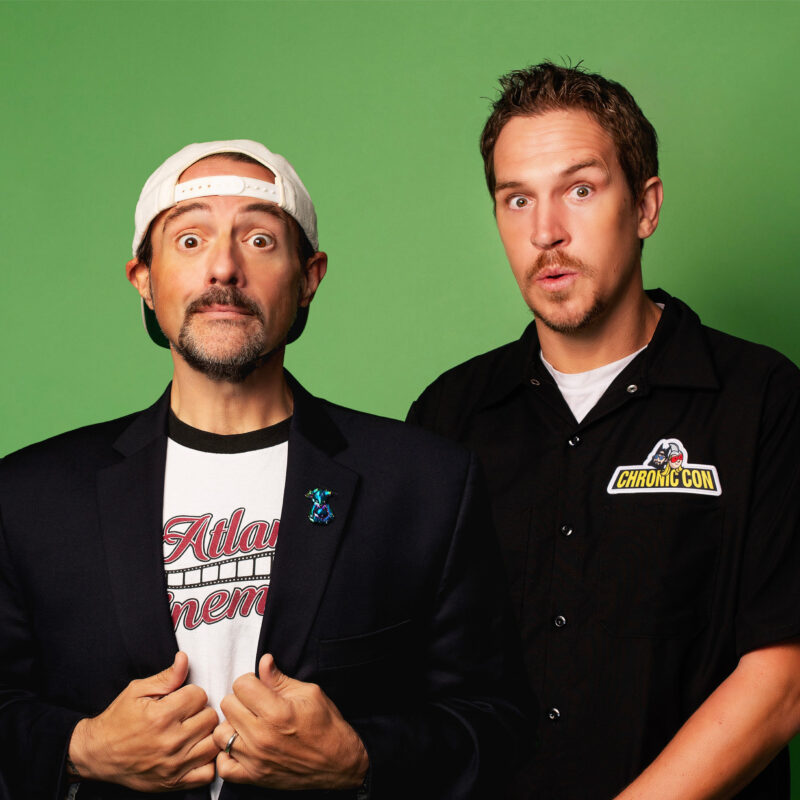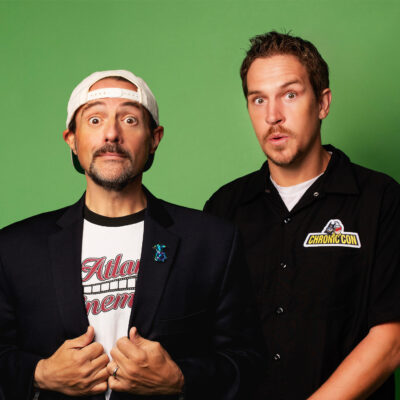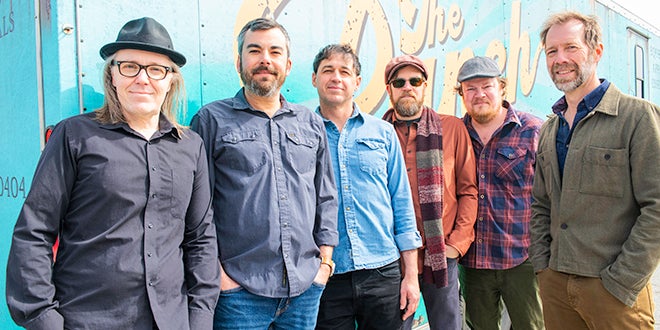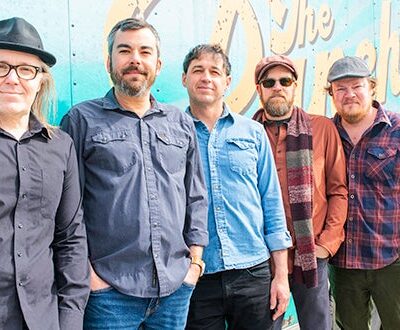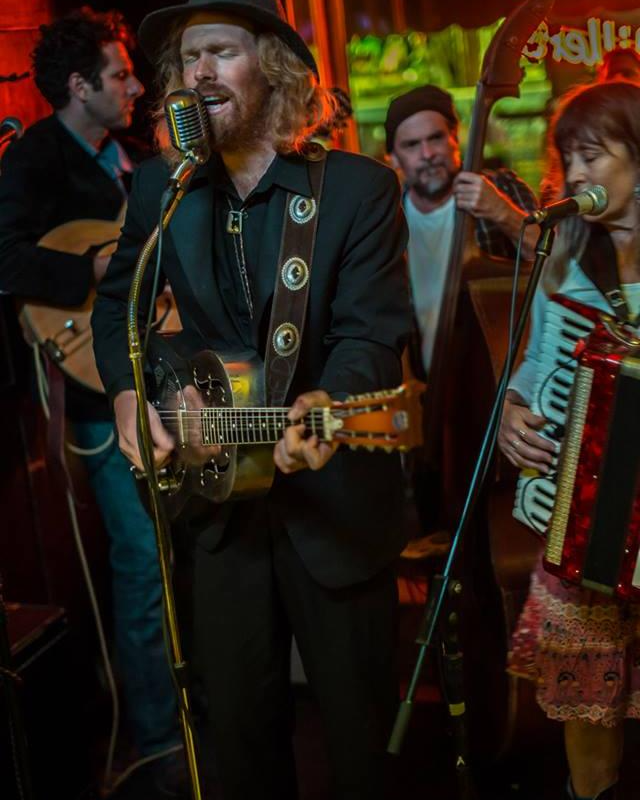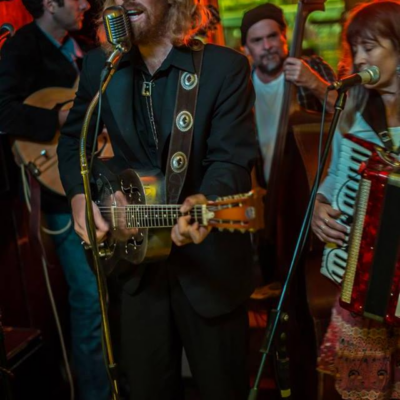by Charlie Burns
Ever since its emergence in the United States, the coronavirus has impacted people’s lives in distinct ways, and laid waste to societal norms as we know them. For high school seniors, this includes social and academic expectations for their final semester.
Senior year has always been notable for prom, graduation, lasting memories with friends, acute senioritis, and the final blossoming into adulthood that precedes leaving the nest. As a senior at Charlottesville High School, I’ve found myself mourning what would’ve been, and jealous of classes of the past and future that will get to participate in things many of us have long taken for granted. Scrolling through Instagram, my memories are bittersweet as I look at pictures of my junior prom, CHS soccer’s state championship, last year’s graduation ceremony, and more. There’s one common sentiment I keep hearing over and over from my closest friends: “It wasn’t supposed to end this way.”
For some seniors at CHS, however, there are more pressing concerns than losing a graduation ceremony or missing out on prom. Before the pandemic, Lucy Butler worked at Little Star, the Spanish-influenced restaurant located in a converted garage on West Main Street. As a food runner and host, she’d carved out a stress-relieving routine and a steady source of income, until she was recently laid off when Little Star was forced to close its doors and exclusively serve takeout. “It’s been hard not having that outlet, and stressful not being able to make money to provide for myself,” says Butler.
Compounding her financial stress, Butler’s father was laid off from his job in the restaurant industry too. And this pandemic couldn’t come at a worse time for her education. “Since I will be paying all of my college [tuition] myself, I’ve been frantic about how I’ll be able to afford my down payment for the fall semester,” she says. “I’m hoping that my previous job or other facilities will reopen in time for me to start working again and saving money.”
For spring-season athletes, these abrupt closures also carry the sting of disappointment. Earning accolades and championships for both his club and high school teams, Said Osman had every intention of leading Charlottesville High’s varsity soccer team to a second consecutive state championship after last year’s thrilling overtime win. It’s difficult to accept that those dreams have been dashed. “I still can’t wrap my head around it,” says Osman. “I’ve built multiple friendships [through] CHS soccer, and the fact that we don’t get to win games and [another] championship with each other really sucks. We don’t get to enjoy big moments like walking across the field with family on senior night and signing to play on the collegiate level in front of [our] school.” Despite this blow, Osman’s athletic career won’t be over anytime soon. He is committed to attend and play soccer at the University of Lynchburg.
For me (and many others), this crisis affects college decisions: The volatile stock market and very real possibility of a virtual first semester are considerable factors to weigh when considering where to attend school in the fall. As someone offered admission to UVA Wise with the intent to transfer to UVA, a virtual first semester could be beneficial in reducing my time away from home. If I decide to go to another university, missing that on-campus semester could be a drawback. I have friends who are considering a gap year, because they don’t want to pay full tuition for half a year’s worth of the onsite college experience. With so much uncertainty in the air, the only thing to be sure of is that this outbreak will distinctly affect the lives of high school seniors for months, and possibly years, to come.
